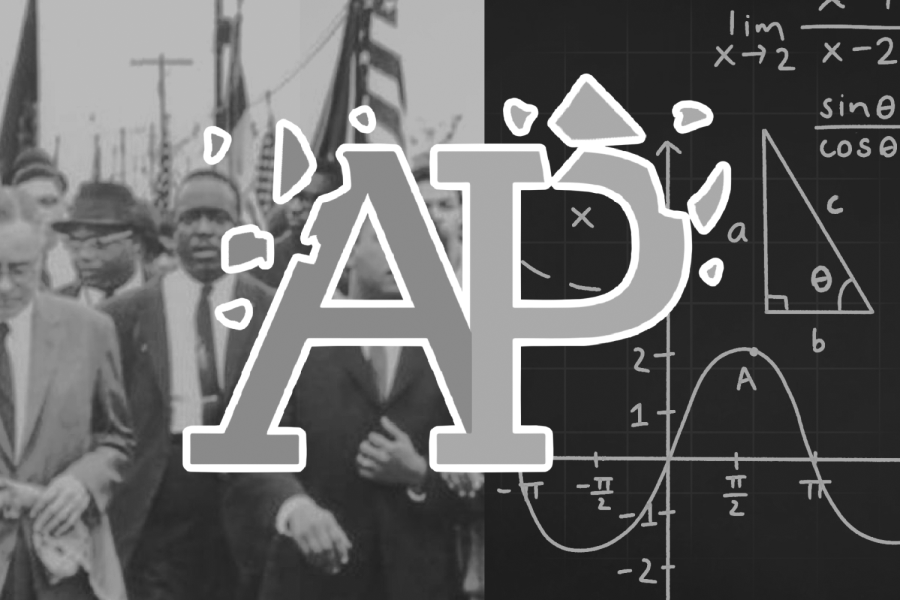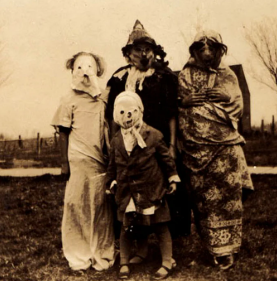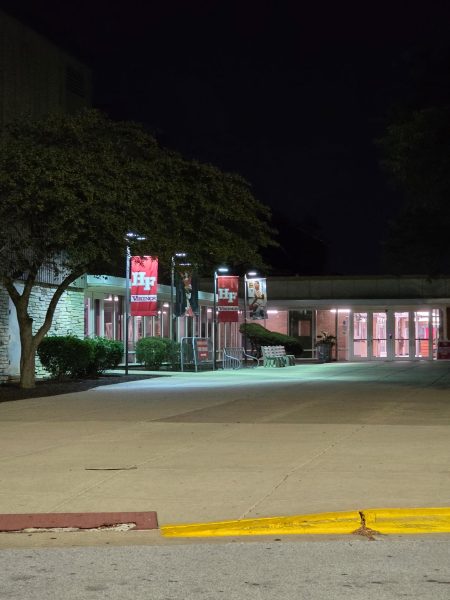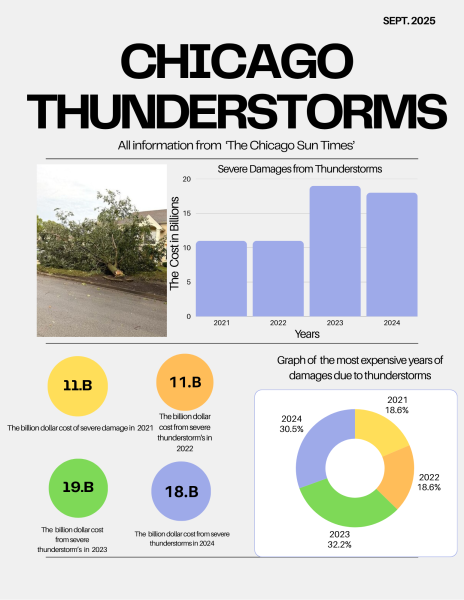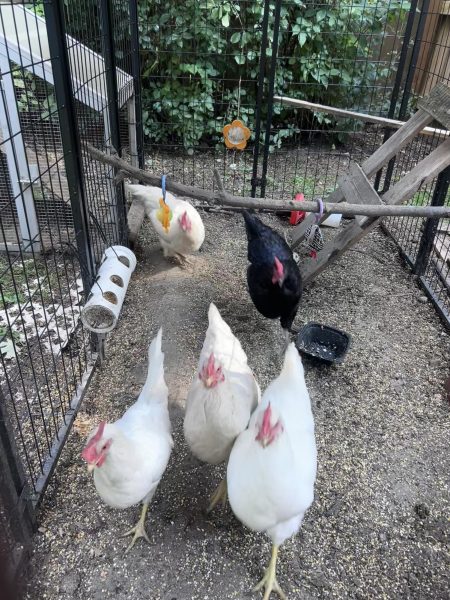College Board Announces AP African American Studies
In the 1950’s the idea of AP classes was first introduced by the Ford foundation in response to the fear that high school wasn’t properly preparing students for college. Four years later the first AP tests were administered, in the subjects Mathematics, Physics, Chemistry, Biology, English Composition, Literature, French, German, Spanish, and Latin.
In 1955 the AP program was passed byollege Board company who took the program and increased the consistency of the courses as well as the price to take them.
Over the program’s 72-year history, the program has faced controversy over the actual content of the courses, the rapid expansion of the program, and its overall bias to privileged students.
AP courses have changed and shifted over the years ultimately leading to the 38 current classes that are offered now. But throughout the program’s lifespan, one set of courses has always been missing.
Until recently, the college board has never brought up the idea of an AP African American history or literature course.
In September 2022, College Board announced the addition of an AP African American studies course would be added to the AP roster. Specific schools across the country will receive the pilot version of the course starting this year, and by the 2024 school year, it should be available to schools across the country.
Although the course is only available to select schools at the moment, the course has already made history by becoming the first African American centered AP course ever offered.
So what does this mean for HF? Although we can’t say for sure when HF will add AP African American studies into the curriculum, We can still get excited about the possibility of a new AP course in the coming years.
African American Literature teacher Tiffany Stewart-Williams is one of many people excited about the new course. When sharing her excitement about the course, she explained why she thought this course was important to students.
“I think the class is very important and very relevant” said Stewart Williams. “I think students, specifically Black students, want to learn more about themselves and the roles of Blacks in America. Being able to take a class that would go into such in-depth detail is a great opportunity.”
When asked what she thought of the course would consist of, she responded by saying, “due to it being specific of African American Studies, means it will be looking at the devastation, contributions and future opportunities of Blacks on US soil. I hope it is chronological in nature like African American Literature because the past definitely determines the future.”
Along with Stewart-Williams, African American Literature and English teacher Bailey Golliday is also excited for what the class has in store.
When asked what she thought African American studies should consist of, she explained that “African-American studies should question and challenge everything we may already know and have learned about black lives in the U.S. Who’s been in charge of teaching black history and culture until now? Why do we call it slavery instead of enslavement? What other perspectives and accounts on enslavement are there? What lives did black people lead beyond enslavement?”
Another question that was sparked by the addition of African American Lit is will there be a change to required courses? Currently in the history department, all students must take World history, US history, Government and Politics, as well as Economics in order to be eligible to graduate on time.
But should all students be required to take an African American studies class as well?
When asked if the class should be required, Ms. Golliday gave powerful insight as to why it should be.
“I absolutely believe AA Studies should be a required course. HF’s “True North” according to the Profile of a Viking is diversity & inclusion, and classes like African-American Studies is a great step in the right direction”
She continued by explaining how “It allows students to learn about different lives and perspectives to help them better interact with the many different people they will come across in life. It can also encourage students to become better allies. A big obstacle in the way of developing students to be allies is simply not knowing the right information or simply not having the opportunity to study the different cultures and communities.”
When Ms. Stewart-Williams was asked the same question, she agreed with Ms. Golliday by explaining how “there should definitely be a course that looks at the varying demographics in America and the changes that have occurred in positive and negative ways for different groups. An Ethnic Studies in America class would help everyone understand a lot of what they have either not been told, lied to about, or just ignored.”
Overall, AP African American studies is a course that many HF students can get excited about in the near(ish) Future.

